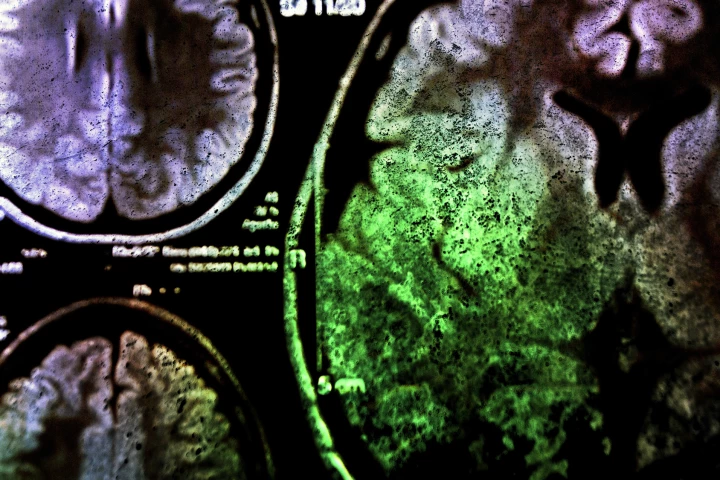Brain
-
New research had made a striking link between a mother’s exposure to “forever chemicals” during pregnancy and the shape of her child’s brain at age five. The findings can't say whether these changes are positive or negative.
-
For the first time, scientists have recorded hundreds of hippocampal cells in flying bats simultaneously to show how bats store memories not just of individual places, but as entire maps. The study could lead to cures for neurological disorders.
-
New research has found that the loss of social memory – recognizing friends and family – in Alzheimer's disease (AD) could come down to specific structures around brain cells. And targeting this delicate scaffolding may potentially prevent this heartbreaking stage in cognitive decline.
-
Sleep isn't just rest, it's a crucial biological process. New MIT research has revealed why sleep deprivation causes attention slips. It found brain fluid surges usually reserved for sleep time occur during waking hours, throwing one's ability to focus
-
Researchers have uncovered a shared brain cell breakdown mechanism behind Alzheimer’s and Parkinson’s diseases, revealing how two different proteins can disrupt neurons in the same devastating way.
-
Smaller than a grain of salt and possibly the tiniest neurotech implant ever invented, the MOTE sends neuro-telemetry data via infra-red lasers, and could help neuroscientists unlock cures for neurological diseases.
-
While not everyone with attention-deficit/hyperactivity disorder has tapped into their creative side, there are a lot of creative people who also have neurodivergent brains. Now, new research suggests this could be due to the way our minds wander.
-
A new study has pinpointed how the APOE4 gene variant sabotages the brain’s energy balance, blocking neurons from burning fat for fuel when glucose runs low, a discovery that could reveal new ways to prevent or slow Alzheimer’s disease.
-
Lead poisoning isn’t just an industrial-age problem. A new study reveals our ancestors, including Neanderthals, were exposed to lead for millions of years, shaping how their brains evolved and overturning what scientists thought about our toxic history.
-
A new study offers hope for brain cancer patients facing memory loss from radiotherapy. By blocking a single immune receptor, scientists preserved cognition in mice without dulling the cancer-killing power of radiation.
-
Time availability can impact the development of dementia perhaps as much as diet and exercise, according to a panel of scientists. The group says its research should cause a paradigm shift in the diagnosis and treatment of the condition.
-
A new study found stranded dolphins show brain damage eerily similar to that of people with Alzheimer's. Just like people with dementia sometimes wander far from home, scientists think dolphins with Alzheimer's might get confused at sea.
Load More











